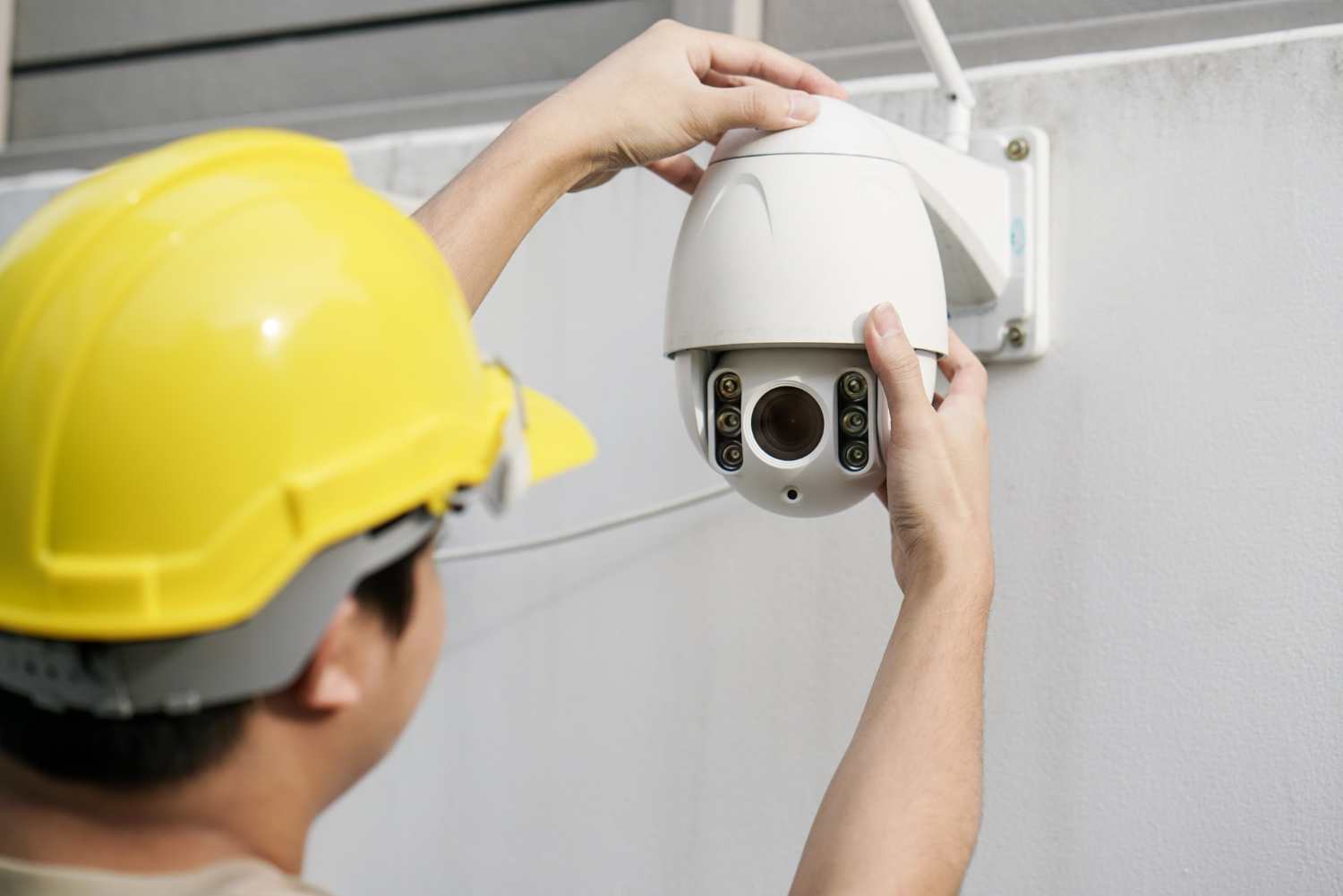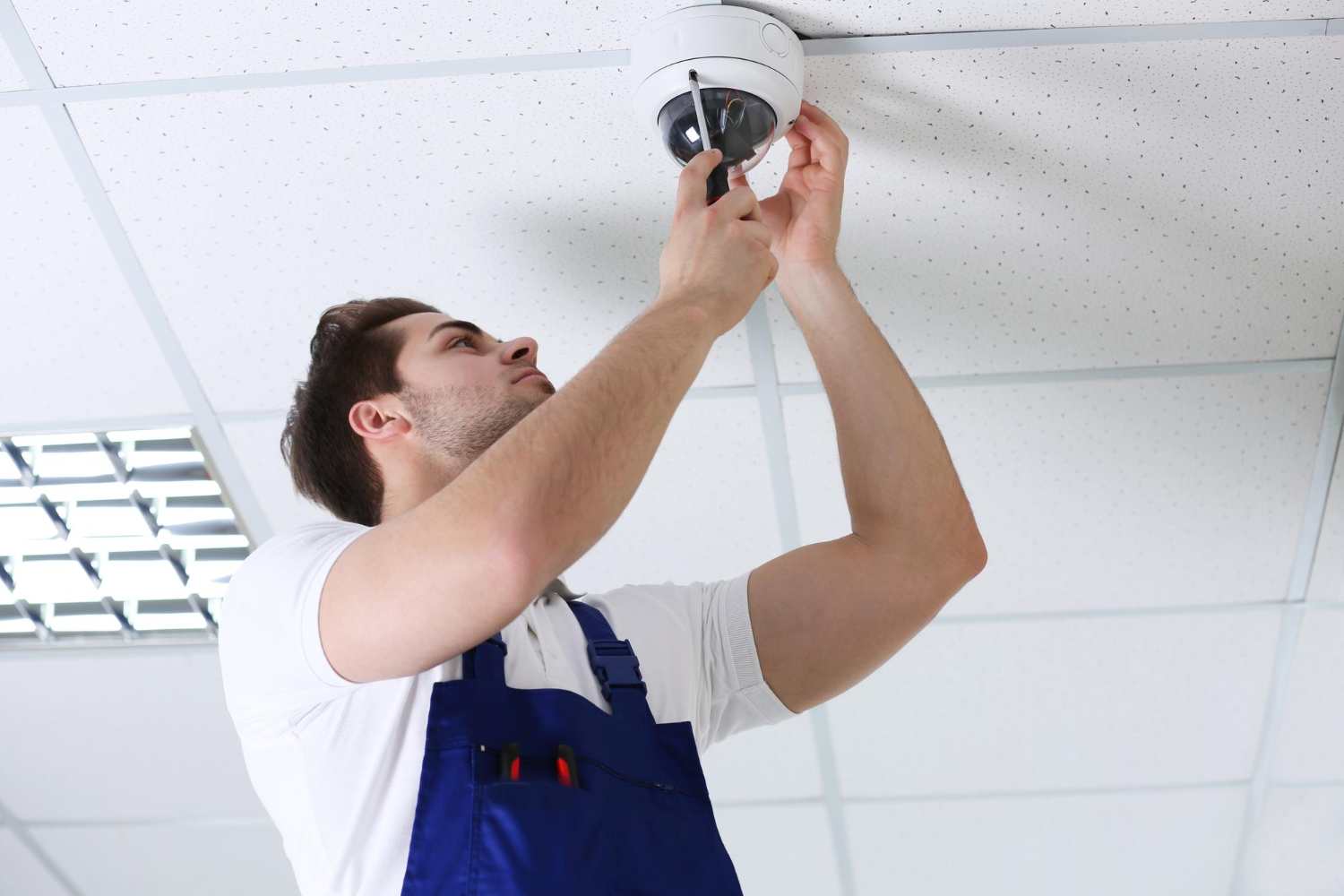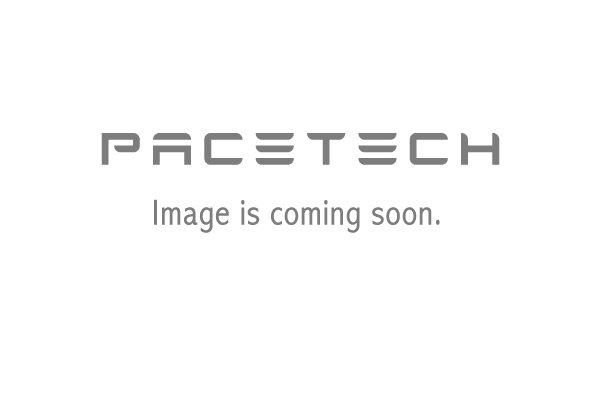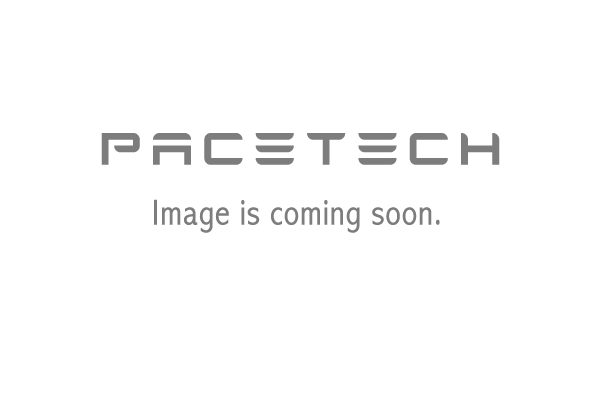What are the Legal Requirements to Install CCTV Cameras?
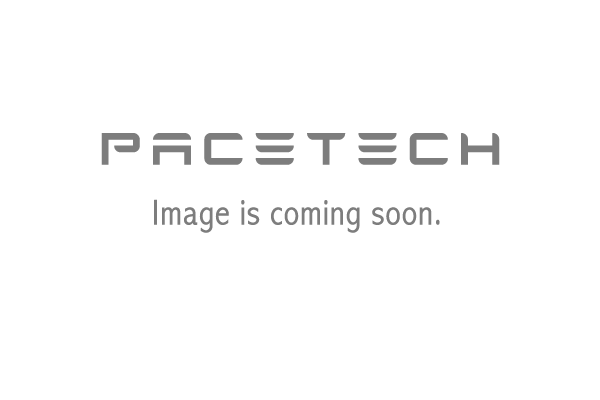

CCTV cameras are advantageous and worth the money and energy spent on them. A lot of people are investing in CCTV cameras. In addition to protecting your property from criminal activities, they record other events like traffic accidents, etc.
However, you must follow some rules and regulations if you install CCTV cameras at your property. In this blog, we have done the effort and explained all those rules and regulations that need to be followed. We suggest you stick to the end and take a good grasp on the rules to avoid any unfortunate incident.
Is permission Required to install CCTV Cameras?
Before commencing installation, it is important to determine if any kind of permission is required or not. In most cases, permission is not required because CCTV cameras are listed as home appliances. But there are some cases where you need to get permission from specific people such as:
- If you have rented a property, you will need the permission of the owner.
- If you are living in a property which is listed or is situation in an area undergoing a heritage conservation process, you will need special permission from your local council’s conservation office.
- It is important to note that you cannot use surveillance footage without permission from relevant authorities. So if you are planning to do that, you must acquire permission timely.
- In some cases, you may need to register yourself with the local police or council as a CCTV operator.
It is best to contact Information Commissioner’s Office (ICO). It is an independent regulatory authority which enforces data laws and overseas public interests and rights.
Can I Install CCTV Camera outside my property?
It is not illegal to capture CCTV footage from outside your boundary. However, this will render you into a data controller, and you will have to follow certain rules and obligations. You will have to register yourself with the ICO as well.
You will need to provide a reasonable justification to the authorities for that matter. It is important to establish that your cameras are not invading the privacy of the public. Furthermore, audio surveillance is not allowed for the cameras that are pointed beyond your property, so you will have to disable any audio recording.
Homeowners are generally asked to put up a sign that describes the reason for the CCTV camera operation outside their property. It is also important to note that CCTV cameras should be used for the intended purpose only.
Do I Need to Inform My neighbours?
If your cameras are surveilling inside your property, you don’t need any permission. However, if your cameras are capturing images from your neighbour's properties, you have an obligation to inform the neighbours and ICO as well.
Furthermore, you will be required to provide a reasonable and detailed justification for why you need to capture the footage from beyond your property. You will also be obligated to store the footage securely and capture as limited footage as possible.

Can a Tenant Install CCTV Cameras?
Tenants are allowed to install CCTV cameras to monitor the front door, parking space and inside of the apartment. If you are installing wireless cameras on a property you have rented, it will cause minimum damage to the building.
Where should I Point my Cameras
You are allowed to point your cameras anywhere as long as you remain within the boundary of your property. You are not allowed to point your cameras in such a way that they start invading the privacy of your neighbours.
What are ICO Guidelines for Domestic CCTV Cameras?
Domestic use of CCTV cameras can cause some trouble. So, ICO has issued some guidelines under Data Protection Act that are required to be followed by all domestic operators:
- There must be a justifiable reason for CCTV camera installation.
- You need to inform your neighbours about the designated areas in which the recording is going to take place.
- There must be a visible sign stating that surveillance is going on here.
- Make sure to point the cameras away from the neighbours. If not, then privacy masking must be used.
- If you need to operate CCTV cameras beyond your property extent and you don’t want to use privacy masking, you are required to register yourself in ICO as a CCTV operator.
- Conversations are not allowed to be recorded in public places.
- CCTV recordings cannot be kept longer than needed.
- The time and date should be set correctly.
- Collected footage must be used for security purposes only.
What are ICO Guidelines for Commercial CCTV Cameras?
Commercial Usage of CCTV Cameras is subjected to even strict rules:
- You will have to register yourself as a CCTV operator with the ICO and state the purpose of installing a surveillance system.
- A Privacy Impact Assessment is mandatory to be carried out and published. It should also have the name of someone from within your business who can be contacted in case of any complaints or questions.
- A visible sign must be mounted stating that surveillance is going on here.
- Security staff must be aware of all the responsibilities and procedures required to operate the CCTV system.
- Footage must be kept secure and cannot be kept for longer than needed.
- Audio surveillance of the members of the public is prohibited.
- Recognised standards should be followed.
- CCTV cameras are not allowed to be installed in private places such as toilets etc.
- Make sure that time and date are correct. You may need to provide footage as evidence sometime in the future.
- The audit must be carried out regularly to ensure that all legal requirements are being fulfilled. These findings should be published in a document.



